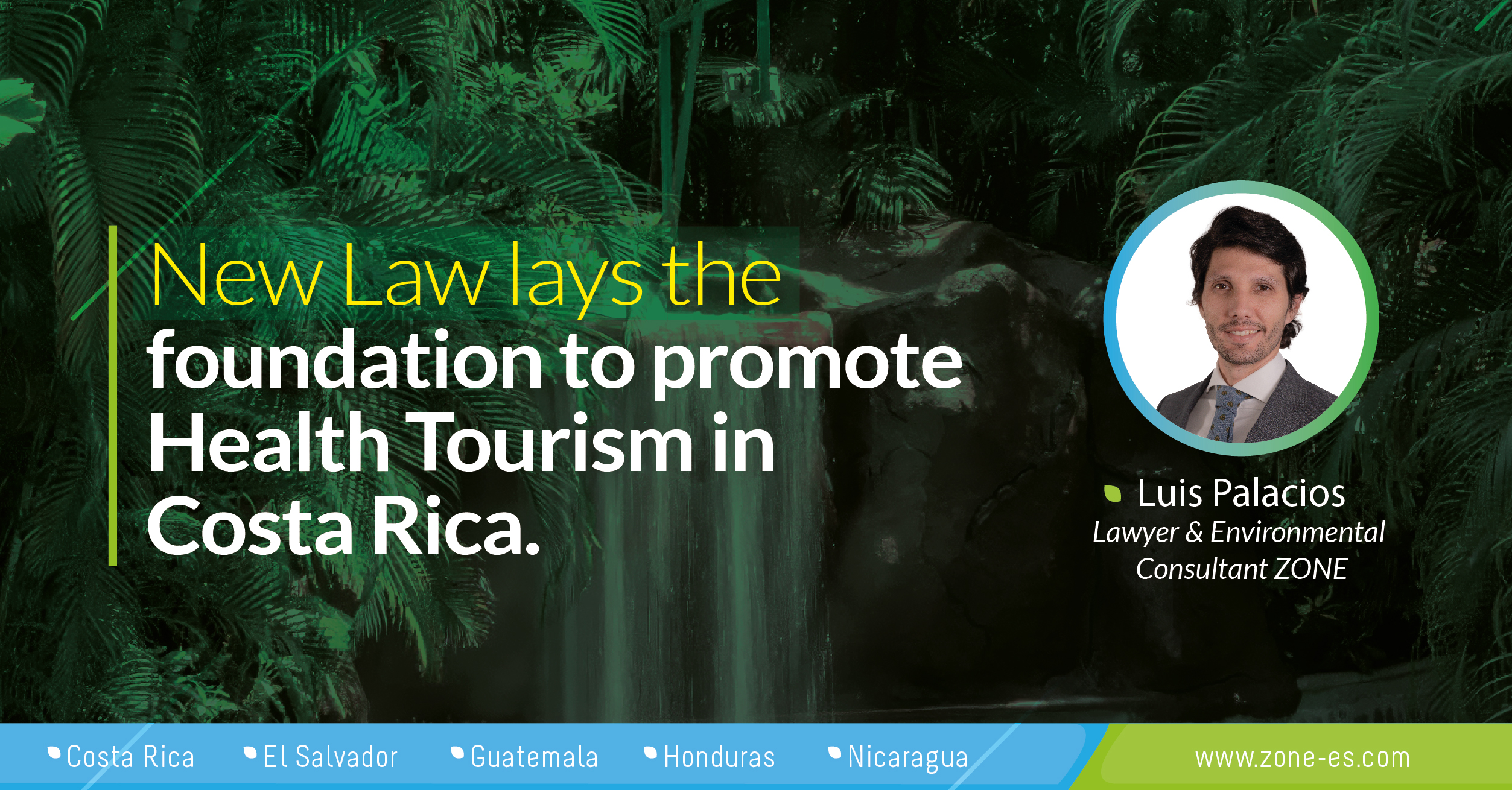
New Law lays the foundation to promote Health Tourism in Costa Rica
Costa Rica has positioned itself as a leading country in medical tourism, having received more than $437 million a year for this activity. With the recent Law for the Promotion and Development of Health Tourism Services in Costa Rica, the country now has a regulatory basis to enhance the development of such foreign visits.
The activities that the Law promotes include.
- Medical tourism: Which is traveling to use medical healing services, such as diagnostics, treatment, cure, prevention, or rehabilitation.
- Wellness tourism: Which aspires to improve and balance the main aspects of life (physical, mental, emotional, intellectual, and spiritual), includes sports activities, relaxation, spa treatments, food, and alternative medicine.
- Health tourism: Including wellness and medical tourism, contributes to physical, mental, or spiritual health thanks to medical and related activities that increase the ability to meet personal needs and function better as individuals in the environment and society.
Due to the variety of nature tourism and the privileged geographic location of Costa Rica, the country has competitive advantages to stand out in the health tourism industry. However, the Law seeks initiatives to increase its international competitiveness, such as:
- Expand the means of access: That enable tourists to seek services through insurance packages, prepaid medicine, business insurance packages, and other outsourced services.
- Accreditations of the quality of services: Through internationally recognized certifications within the different sectors of health tourism (doctors/clinics, hotels/lodging, carriers/auxiliaries).
- Promote the linkages between the different tourist activities and geographic regions: Through commercial alliances or packages so that the health tourist has access to a complete experience beyond the wellness concerns that brought them to the country:
- Destination > Main offer > Complementary offer.
- City > Complex treatments, Clinics of excellence > Gastronomy, Cultural, Museums, Art galleries.
- Coast > Beauty treatments, relaxation > Wellness, Sun and Beach.
- Rural > spas > sports and nature.
- Destination > Main offer > Complementary offer.
To achieve these objectives, the Law creates the Inter-Institutional Commission for Health Tourism Services in Costa Rica, comprised of the following officials or whoever they designate as their representatives:
- The Minister of Health.
- The Minister of Foreign Trade (COMEX).
- The president of the Costa Rican Tourism Institute (ICT).
- A representative of the Foreign Trade Promoter (PROCOMER).
- A representative of the Costa Rican Coalition of Development Initiatives (CINDE).
- A representative of the Costa Rican Chamber of Health (PROMED).
- A representative of the College of Physicians of Costa Rica.
- A representative of Wellness Costa Rica, the Costa Rican Wellness Tourism Association.
- A representative of the National Chamber of Tourism (CANATUR).
The functions of the commission focus on promoting the optimal conditions for the development of the health tourism industry in Costa Rica, being able to receive in its monthly sessions members of other public or private organizations to try to analyze any proposal or concern that the actors involved may have.
Presently, the Law has no regulations or specific incentives for health tourism. However, a space already exists that encourages dialogue between the major contributors to this industry, giving rise to the design of various initiatives that leadership can formulate hand in hand with the authorities.
The functions of the commission focus on promoting the optimal conditions for the development of the health tourism industry in Costa Rica, being able to receive at its monthly sessions members of other public or private organizations to try to analyze any proposal or concern that the participants involved may have.